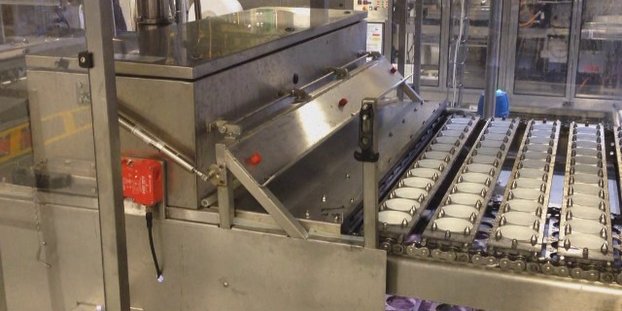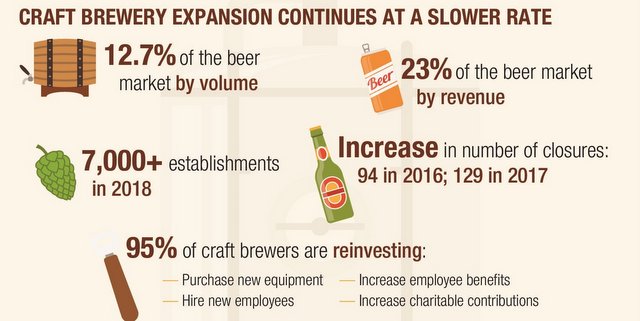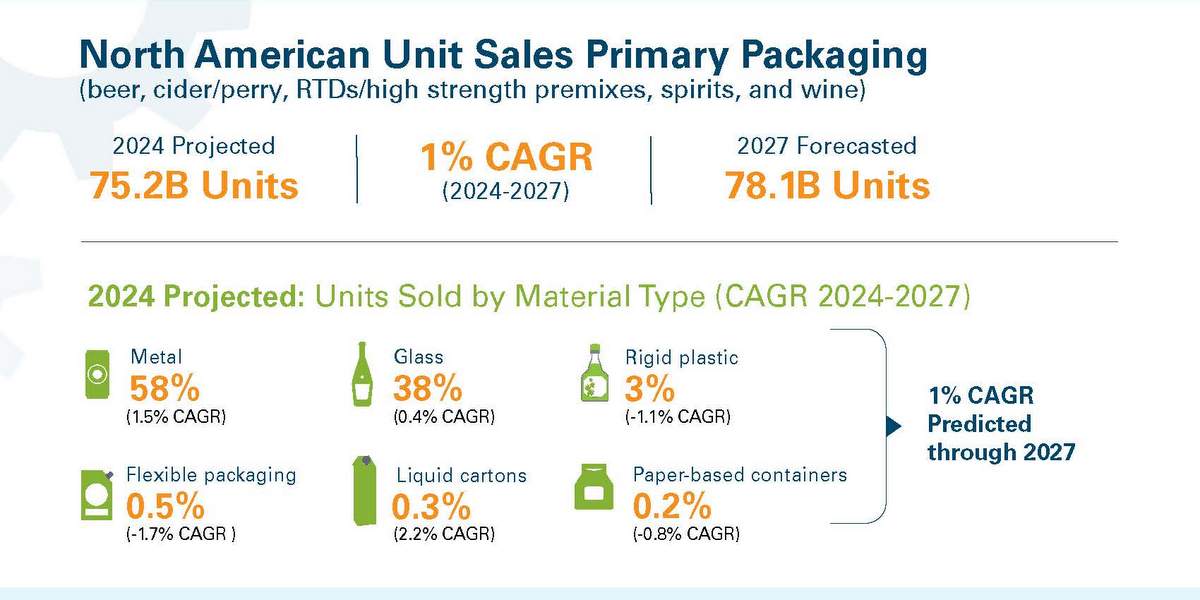When President Obama signed the Food Safety Modernization Act (FSMA) into law in 2011, FSMA’s 2015 and 2016 compliance deadlines seemed far away. Now, time grows short for food and beverage brand owners to harmonize their operations with resulting regulations. FSMA’s first set of new rules governing preventive controls for human and animal food, take effect Aug. 30, 2015, with compliance required within one to three years, depending on the business.
The first legislation of its kind in more than 70 years, FSMA was designed to help federal regulators prevent food safety incidents before they occur, rather than react to incidents after the fact. This fall, PACK EXPO Las Vegas, Las Vegas Convention Center; Sept. 28-30, 2015, will feature exhibitors that have been proactive in their efforts to get ahead of the historic legislation. Owned and produced by PMMI, the association for packaging and processing technologies, this year’s show will be co-located with Pharma EXPO, co-produced by PMMI and the International Society for Pharmaceutical Engineering (ISPE). The shows will attract 30,000 attendees to see 2,000 suppliers of packaging and processing technologies over 800,000 net square feet of exhibit space.

First, a recap
“The compliance deadlines have been on everyone’s minds the past few years as FSMA nears finalization and full implementation,” says Kyle Thomas, strategic business unit manager at Tampa, Florida-based Eagle Product Inspection (Booth #C-3803). “Compliance with these rules is mandatory by the end of 2016, so food manufacturers need to actively prepare for the enforced regulations if they haven’t already started.”
FSMA gives sweeping new regulatory and enforcement powers to the U.S. Food and Drug Administration and affects nearly every link in the food supply chain. It was imperative for packaging companies, which represent a critical line of defense in the battle against food contamination and foodborne illnesses, to begin preparing well in advance.
The preparation was critical not only for themselves and their clients, but for the consumer. Salmonella, E. coli and listeria outbreaks have had adverse effects on public health and put consumers on edge.
According to the U.S. Centers for Disease Control and Prevention’s latest report on trends in foodborne illness, “Foodborne infections continue to be an important public health problem in the United States and highlight the need to move forward with preventive measures.” The agency estimates that foodborne illnesses affect one in six Americans every year. That amounts to 48 million people falling ill, including 128,000 hospitalizations and 3,000 deaths.
As part of the overall effort to bring those numbers down, “Food manufacturers must maintain records of internal audits, safety plans and recalls,” Thomas says. “The FDA can request any of this information, set corrective action, demand product recalls and financially penalize where appropriate. FDA inspections of plants are mandatory every three to seven years, depending on facility risk. Food safety plans must be written, hazards analyzed and controls created to prevent failure.”
Eagle is contributing to the packaging industry’s readiness for FSMA with innovations such as its SimulTask PRO Image analysis software, which comes standard on every x-ray machine the company sells.
The software detects and rejects products with contaminants and defects while simultaneously verifying seal integrity, fill level, mass measurement and component count across different production lines and products without the need for manual changeovers. Users can access reports and statistics on inspected products and its verification tools assist compliance with hazard analysis and critical control points (HACCP) and preventive controls required by FSMA.
Solidarity and anticipation
Morris Packaging (Booth #S-6906) in Bloomington, Ill., aims to stay ahead of the FSMA curve. The company, which makes corrugated containers, containerboard and poly bags for a wide variety of applications, recently built a brand-new facility in Jefferson City, Mo. While FSMA calls for a mandatory inspection schedule, how the inspection regime applies to the packaging materials and container manufacturers used by food processors is unknown. However, the new facility, in operation since the end of April, was designed to pass any audit associated with the law.
“FSMA doesn’t just affect one company, but thousands. So we started on our building in July 2014,” says Brian Steinwager, vice president, Morris Packaging. “We’re not sure where it’s going to end up for packaging companies, and we might not know for three to five years, but we’re planning for the most extreme conditions.”
He adds that company owner Jim Morris, who also owns an ingredient company, Heartland Supply Company, has first-hand understanding of the urgency behind FSMA compliance. Through his involvement with the Grocery Manufacturers Association and the Food Ingredients Distributor Association, Morris assisted with the regulations guidelines for FSMA.
Steinwager says Morris Packaging’s efforts to fall in line with FSMA well ahead of schedule have not gone unnoticed by its customers.
“We’ve had very positive feedback from customers regarding the new building and how we are getting out in front of FSMA,” he says. “From their perspective, it’s one less thing they have to worry about.”
Morris Packaging’s exhibit at PACK EXPO Las Vegas will feature a continuously looping video highlighting the benefits of the company’s new facility.
For leading processing and packaging solutions supplier Bosch Packaging Technology (Booth #C-2800) of New Richmond, Wis., preparations for the implementation of FSMA regulations focused on designing equipment to meet anticipated customer needs.
“Under the new FSMA regulations, food manufacturers will be required to identify hazards associated with their applications and to prepare and provide Hazard Analysis and Risk-Based Preventative Control Plans (HARPC),” says Bosch product manager Paul Garms. “When selecting equipment to meet FSMA standards, food manufacturers need to consider packaging machinery with the necessary hygienic design for their application. Utilizing hygienic packaging machinery can significantly reduce the risk of physical, biological or chemical contamination being introduced to the food product.”
(Click “Next” to continue reading the story and to hear about robots.)





The final FSMA compliance countdown http://t.co/fTzinWt0cv